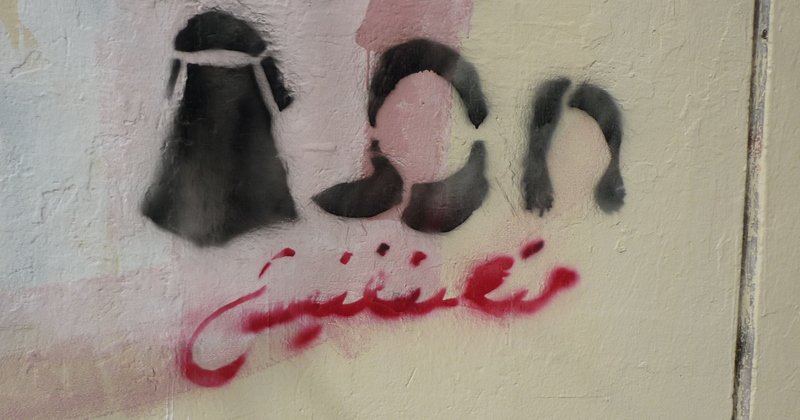Who’s talking about sex and modern relationships in Arabic?

Popular Egyptian TV host, Radwa El Sherbiny made the news recently when she strongly criticized women who do not wear the veil. This was not her first comment on the subject - knowing that she is not veiled herself - but this time it had the strongest impact on social media platforms and leading to her being referred to investigation for ‘hate speech’ accusations.
El Sherbiny hosts a popular program ‘Hiya w Bas’ [Eng: ‘Only her’] which attracts a large audience of Egyptian women who are looking to improve their lifestyle, looks, health, and relationships. A section of the show called ‘Ask Radwa’, is dedicated to giving women and - occasionally men - advice on relationships. In this section, Sherbiny reads a relationship dilemma with minimum details, context, or a balanced two sides story and provides a strong opinionated consultation or ‘solution’ as some of her viewers would say.
I first stumbled across El Sherbiny’s program when I was looking for a podcast, show, or a platform for young Arabic speaking women and men to discuss modern relationships. Needless to say, the results were scarce, let alone useful.
I developed a passion for such content, mainly podcasts, when I discovered the renowned relationship therapist Esther Perel’s podcast ‘Where Should We Begin’, in which she attempts to dissect and analyse heterosexual relationships. In her podcast, Perel works with anonymous real couples in her clinic on the issues they have until they both arrive at the desired destination, which most of the time would be better communication and sexual connection.
What Perel is providing seems very specialised and, therefore, unlikely to be found in the Arab world. Sherbiny’s case can be dubbed as anecdotic. When I first came across her show, I was at first excited to see an Egyptian woman defying social norms by talking openly about modern relationships or relationships outside marriage. That was my initial understanding of the show, but as I progressed with the episodes, I started seeing the repetitive and violent rhetoric against men and relationships. The rhetoric that should allegedly empower women and put them in the driver’s seat as she would say.
“Block him”, “ghost him”, “ignore him” are nothing but the introductory guidelines for relationships provided by Sherbiny. And while she does not explicitly label herself as feminist, she often says she is aspiring to empower women in Egypt primarily, and the Arab world in general through her show.
For her, empowerment includes encouraging women to let men carry the economic burden of the household, regardless of the hardship faced in an economically challenged country like Egypt. Her advice on economic responsibility in a relationship also includes encouraging women to stay home after marriage and let men pay for the household’s needs and luxury items, otherwise what’s the point of marriage, she sometimes argues.
tinyurlis.gdu.nuclck.ruulvis.netshrtco.de
